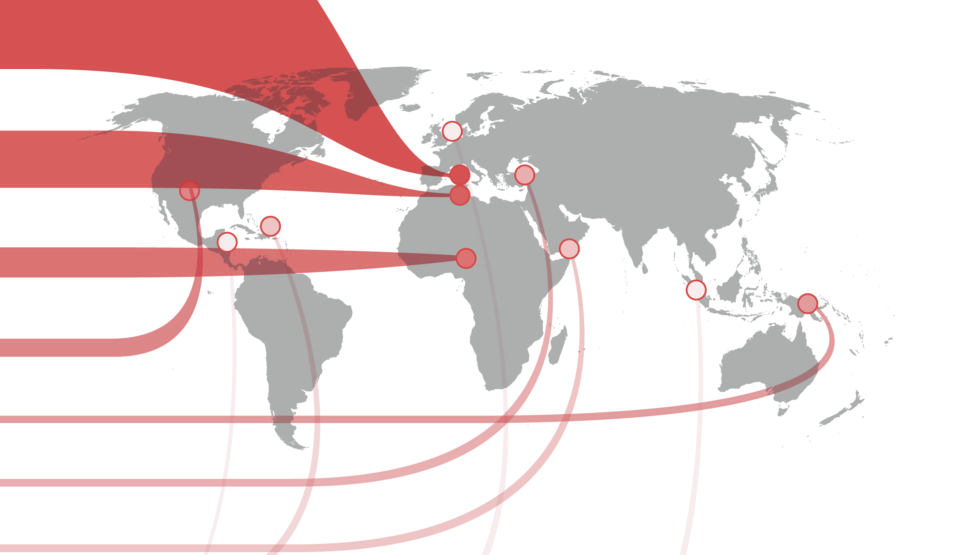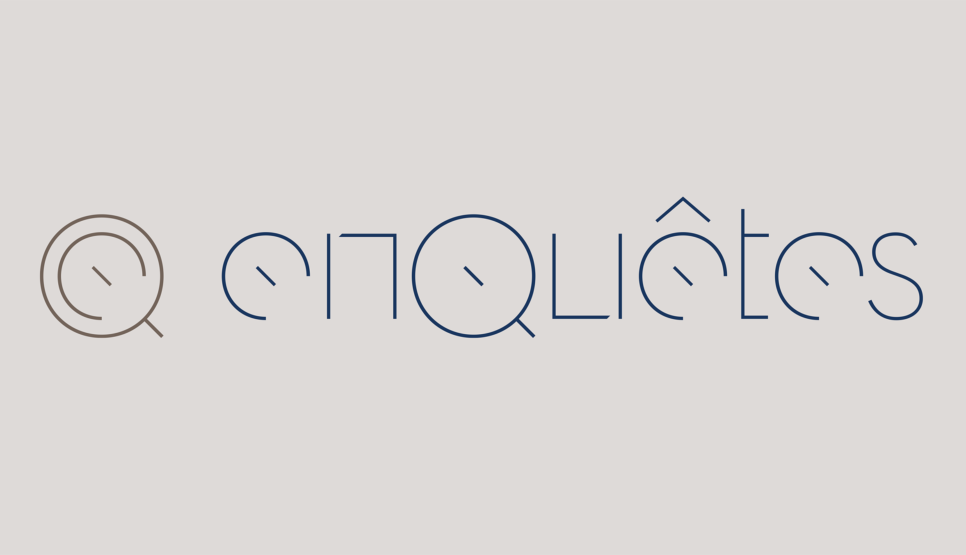I had to assist the IFRC in strategically utilizing digital and social media to increase worldwide engagement and influence online. I followed the development of policies to create guidelines that aim to improve and protect the reputation and positioning of the IFRC in online communities and help to grow relationships with recurring visitors on the IFRC’s digital and social properties. I specifically work on the Stop Indifference campaign aimed at pushing West African leaders to improve consular services to migrants and improve the access of migrants to relevant information.

The Stop Indifference campaign is an off-brand campaign, built through the initiative of the Office of Secretary General (OSG), within the International Federation of the Red Cross and Red Crescent Societies (IFRC) Communications Department.
It aims to gather signatures to support a pledge calling on African leaders, people and anyone who shares a concern about African migrants to read, sign and share a passionate message of support.
We want our call to action – Stop Indifference – materialised by the hashtag #StopIndifference, to raise awareness on African migration, so African governments, show compassion and take measures to inform and protect people on the move.


The Website



The website has had good performances over the last four months and analytics shows that the audience navigates easily through its content. The signature page is the second most viewed page after the homepage. The gender
Breakdown is 50/50 of the 1,7k visitors (2,3k sessions with an average duration of 2 minutes and 12 seconds).
The Campaign Toolkit
Horizontal format





Vertical format





Square format








A4 posters, documentation, and policies










Duties and responsabilities
- Project-manage the Stop Indifference campaign targeting West African countries. This will involve drafting messages and content in English and French, as well as developing visual materials to support the campaign.
- Contribute to the development of the implementation of an online and social media strategy that identifies new opportunities, streamlines and builds on current initiatives and brings coherence to the overall public communications strategy.
- Design, develop and implement customized tools and training materials for social media capacity-building efforts throughout the IFRC, which will assist National Societies in developing and executing their own social media activities effectively and responsibly.
- Manage day-to-day operations of the IFRC’s social networking profiles.
- Devise innovative ways to showcase and engage online communities around the work of Red Cross and Red Crescent Societies and their volunteers.
- Develop and maintain social media policies and guidelines to ensure that social media use by IFRC staff and its membership is in line with Red Cross and Red Crescent’s principles and helps promote Red Cross and Red Crescent humanitarian objectives.
- Provide consultative support to IFRC departments, staff, zone offices, and National Societies that increasingly wish to incorporate or strengthen social media as an integral component of their respective outreach and/or communications plans. Help parties avoid reputational risk via social communications and advise when situations arise that require reputation management.
- Develop specific online media strategies to support and develop effective advocacy campaigns, ensuring coherence and alignment with media strategies for operational and thematic issues and events.
- Identify cost-effective opportunities to network socially in multiple languages to better accommodate a global audience.
- Establish monitoring and reporting methods for measuring the IFRC’s social media reach and engagement levels, delivering and speaking to analytics on a regular basis.
- Seek out new opportunities to expand the IFRC’s digital footprint in ways that meet the expectations of the organization’s diverse online audiences and maximize the benefits of these ever-evolving media.
- Research, write, commission, edit content for the IFRC’s web properties.
- Publish content using web publishing tools.
- Represent the IFRC when necessary through presentations and conferences.



